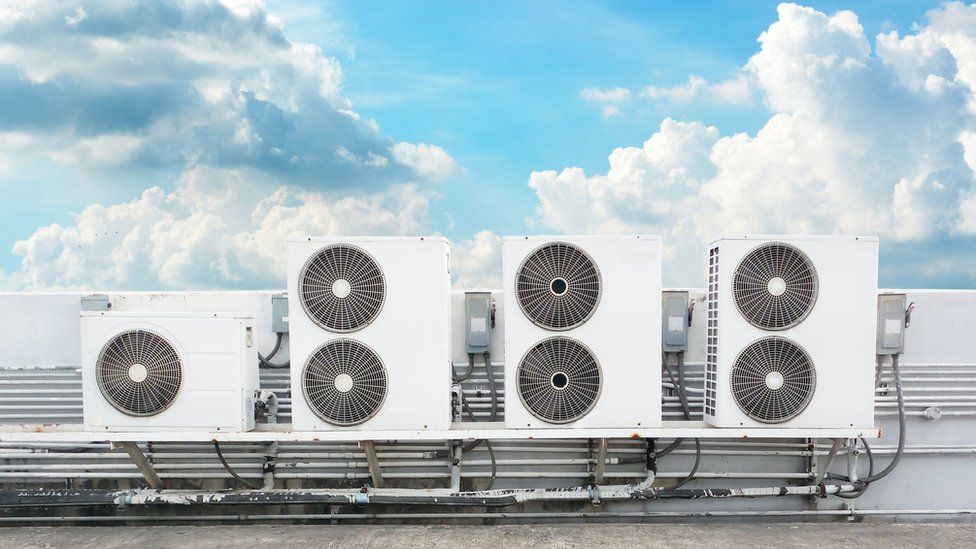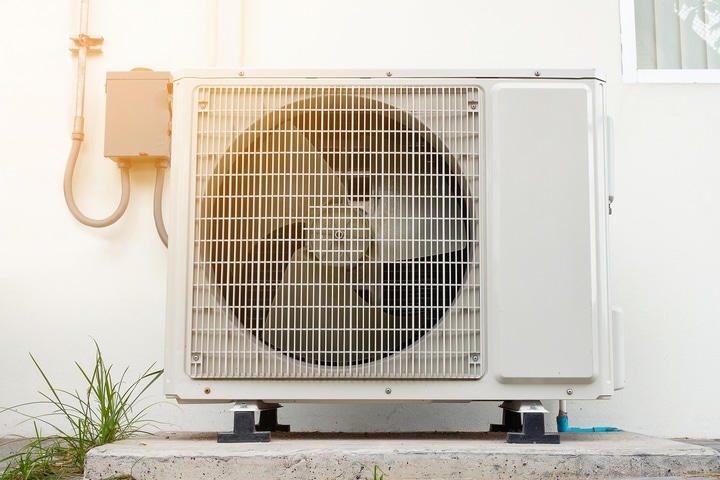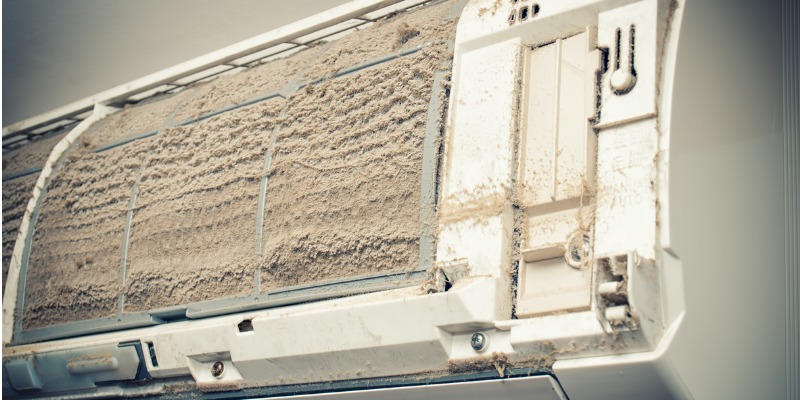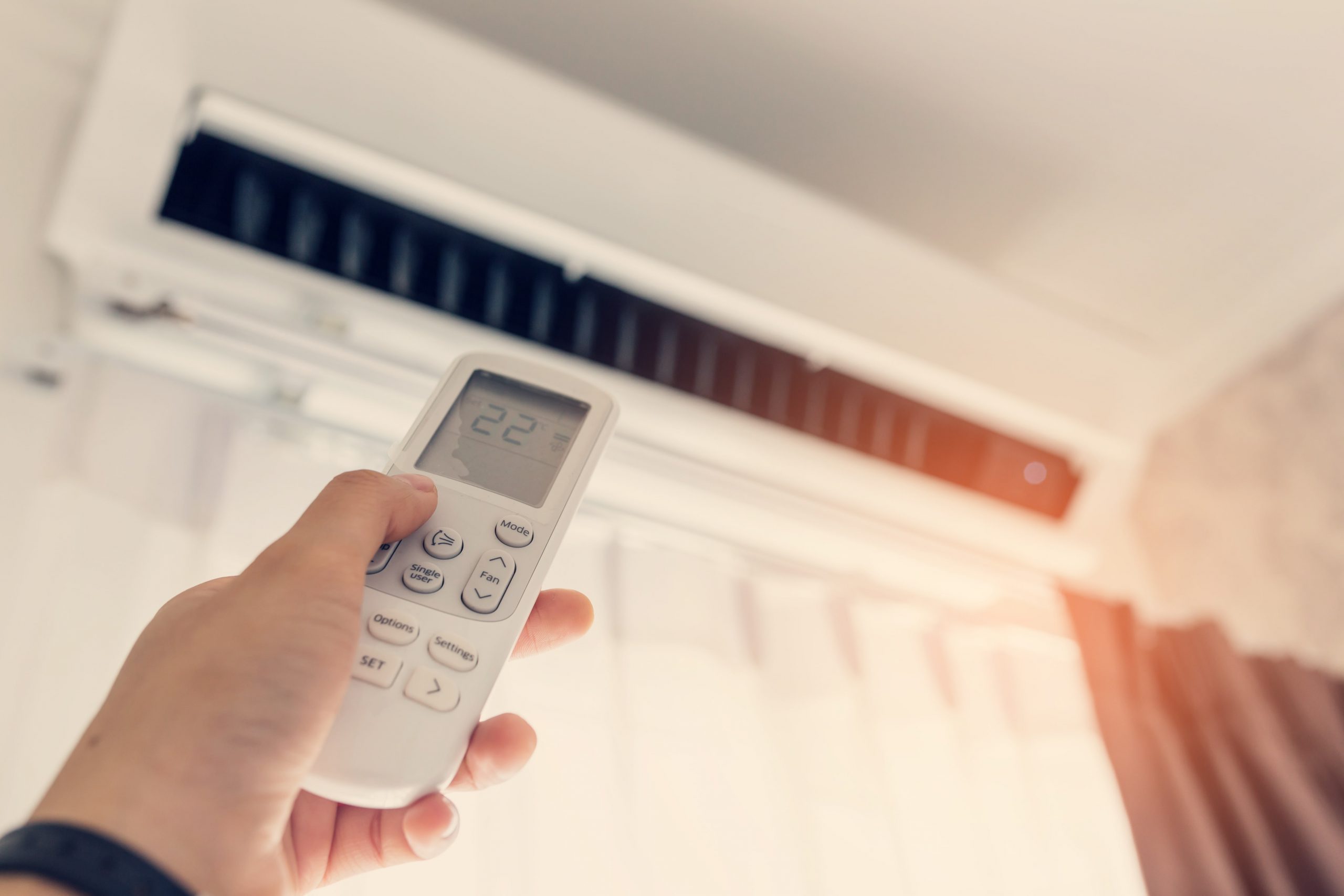10 Things You Should Know About Your AC
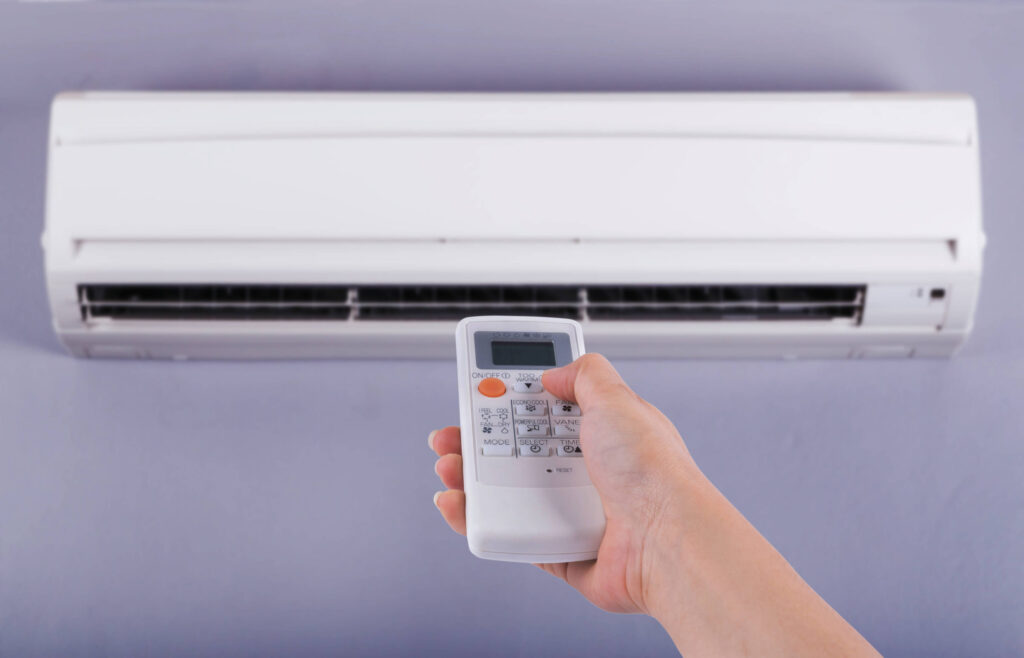
During the summer, air conditioners (ACs) are one of the most commonly utilized household appliances, particularly in India. Because current air conditioners are comparatively powerful and energy-efficient, sales of this equipment have skyrocketed over the years. The prevalence of air conditioners has also raised public awareness of them. However, there are a few facts regarding air conditioners that you may not be aware of.
To Assist You, We’ve compiled a list of the Top Ten Things You Should Know About Air Conditioners:
While the AC Is Operating, Set the Ceiling Fan to a Moderate Speed to Help Cool the Room Quickly
While the air conditioner is running, turn on the ceiling fan at a low or moderate speed to assist cool the room rapidly. When you’ve got your AC set to the perfect temperature, turn on the fan to help the chilly air spread out. It’s worth mentioning that using high-speed ceiling fans while the air conditioner is operating can be counterproductive, as the room may take longer to cool than necessary.
Every Few Years, the Energy Efficiency of AC Changes
The Indian Seasonal Energy Efficiency Ratio standard, or ISEER, is used to calculate energy efficiency in India. It’s the ratio of CSTL (Cooling Seasonal Total Load) to CSEC (Cooling Seasonal Energy Consumption) (Cooling Seasonal Energy Consumption). It’s the ratio of the annual quantity of heat the air conditioner can remove to the total amount of energy it can consume in a year, in simple terms. Any air conditioner’s energy efficiency is assessed using average performance at outside temperatures ranging from 24 to 43 degrees Celsius. As a result, the energy efficiency of air conditioners varies every few years. This means that your 5-star air conditioner may or may not be that way next year.
Setting the thermostat to a Low Setting Does Not Guarantee Optimal Cooling
People feel that lowering the temperature setting on the air conditioner will deliver better cooling. That is not the case, however. According to the Bureau of Energy Efficiency (BEE), the optimal temperature for the human body is 24 degrees, and any AC will use less energy to attain that goal than the lowest temperature setting.
Keeping the Air Conditioner Out of Direct Sunlight Improves Its Effectiveness
Although your air conditioner is responsible for keeping your room cold, keeping the device cool can help it run more efficiently. Keeping your air conditioner out of direct sunlight or in the shade helps to minimize overheating and makes it easier for it to cool. It may take longer to chill the room if the AC is already very hot when you turn it on.
Filters That Are Dirty Might Reduce Cooling and Raise Utility Expenditures
Air intake might be obstructed by dirty AC filters. The device takes longer to cool the space as a result, resulting in high electricity expenditures. It is recommended that you clean your air conditioning filters. To promote improved airflow and cooling, experts recommend cleaning the filters every two weeks.
The Number of People in the Room Has an Impact on the AC’s Cooling Performance
You’ve probably noticed that even when there are a lot of air conditioners operating in a restaurant, theatre, or other public location, the coolness steadily reduces as more people come. The cooling efficiency of an air conditioner may appear to be dependent on the size of the room and the capacity of the device, but the number of people in the room also has an impact. In simple terms, the slower the cooling, the more people in the room.
‘This AC Won’t Need to Be Serviced for Years’ Is a Misconception
The majority of manufacturers claim that their air conditioners don’t need to be serviced very often, however, this is a misconception. It is suggested that you have your air conditioner serviced on a regular basis, as air conditioners are not utilized all year in India, and the device can become dusty and jerky when not in use. Maintaining your air conditioner will improve its cooling performance, resulting in lower energy usage.
The AC Is Not Turned Off Via the Remote Control
Most of us want our air conditioner to start cooling as soon as we push the remote control button. Many people accomplish this by simply turning off the appliance from a remote control rather than the source. This wastes electricity as an ‘idle load,’ because the compressor is left to idle so that it can restart promptly when the air conditioner is turned on.
Battery Inverters Have Nothing to Do with Inverter AC
Inverter air conditioners are so named because they use a technology that allows them to alter their cooling capacity by adjusting the compressor’s power supply frequency. If the batteries are sufficient to power the load of the appliance, both inverter and non-inverter ACs can run on a battery inverter.
‘Stabiliser-Free’ AC Does Not Imply That No Stabilizer Is Required
Many modern air conditioners claim to be “stabilizer-free.” This does not imply that these ACs have a built-in voltage stabilizer or that they are not required to have one. A voltage stabilizer is a device that prevents power outages by automatically maintaining a steady voltage level for the load in ACs. A voltage stabilizer is required if the voltage fluctuates beyond the operational voltage limit in the area where you live.

